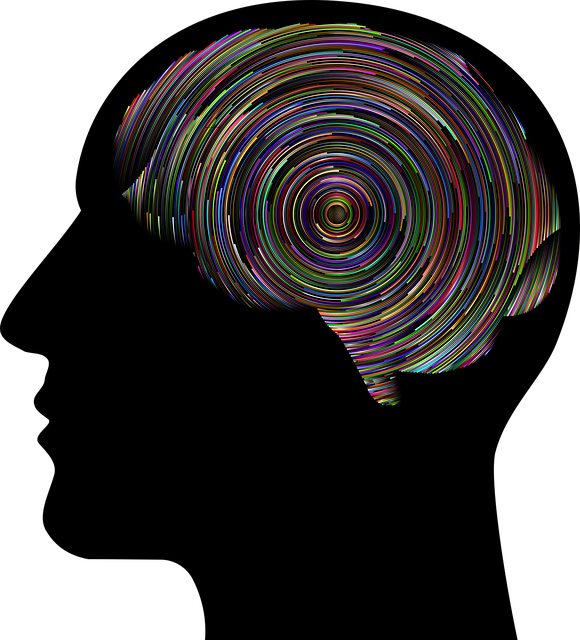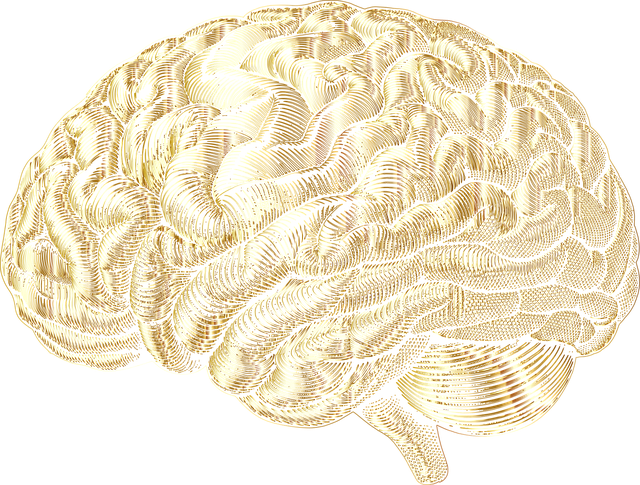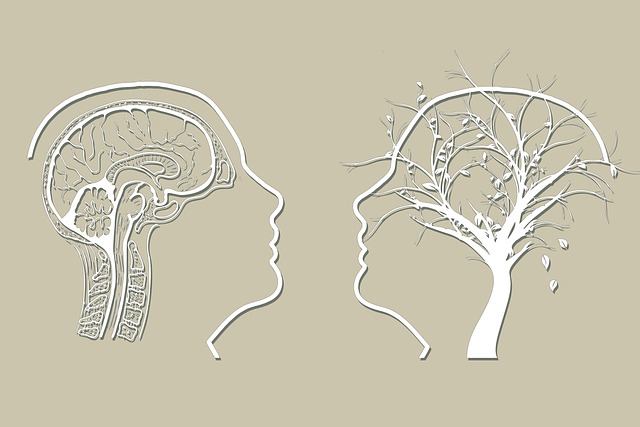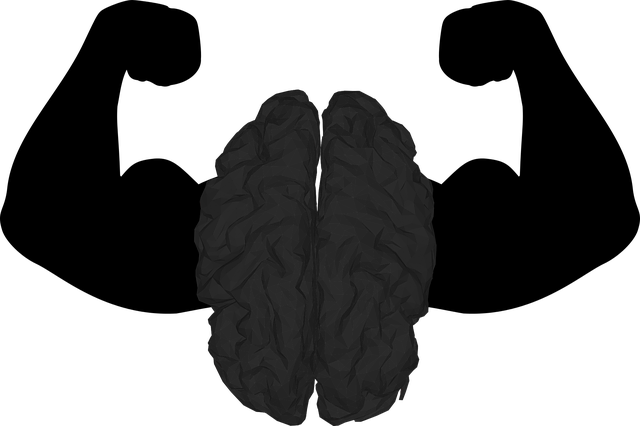Social Skills Training is an evidence-based therapy tailored for young adults with Functional Neurological Disorder (FND), focusing on communication, relationship building, and coping strategies. Through group sessions, role-playing, and peer support, individuals learn assertiveness, active listening, and perspective-taking, gaining confidence in social settings while managing sensory sensitivities. Cultural sensitivity in mental healthcare ensures inclusive environments, and mental wellness journaling encourages self-reflection. This approach combines technology, cultural understanding, and psychological tools to significantly improve the well-being of young adults with FND through enhanced social interactions.
Social skills training is a transformative approach for young adults with functional neurological disorders (FND), offering them the tools to navigate social interactions seamlessly. This article delves into the intricate world of FND and its impact on social functioning, highlighting the pivotal role of therapy in restoration. We explore evidence-based strategies and techniques that empower individuals to enhance their social well-being, providing a comprehensive roadmap for professionals and families supporting young adults with FND.
- Understanding Social Skills Training: A Comprehensive Approach for Young Adults with Functional Neurological Disorder
- The Impact of Mental Health Conditions on Social Interaction and the Role of Therapy
- Effective Strategies and Techniques in Social Skills Training for Enhanced Well-being
Understanding Social Skills Training: A Comprehensive Approach for Young Adults with Functional Neurological Disorder

Social Skills Training is a comprehensive approach designed to help young adults with Functional Neurological Disorder (FND) navigate and improve their social interactions. This therapy focuses on teaching essential communication, relationship-building, and coping strategies tailored to the unique challenges faced by individuals with FND. By incorporating evidence-based techniques, the training equips participants with tools to enhance their self-care practices and manage social situations effectively.
Incorporating Social Skills Training as part of a holistic treatment plan for young adults with FND offers valuable crisis intervention guidance. It enables them to build confidence in social settings, foster meaningful connections, and develop strategies to cope with sensory sensitivities or cognitive changes. Through group sessions, role-playing exercises, and peer support, individuals gain practical skills to improve their overall well-being and quality of life.
The Impact of Mental Health Conditions on Social Interaction and the Role of Therapy

Mental health conditions can significantly impact an individual’s ability to engage in social interactions, often leading to feelings of isolation and loneliness. Conditions like Functional Neurological Disorder (FND) may cause difficulties in communication and understanding social cues, making everyday conversations and relationships challenging. This can be particularly detrimental during adolescence and early adulthood, crucial periods for social development.
Therapy plays a pivotal role in mitigating these challenges by offering tailored support and guidance. For young adults dealing with FND or similar disorders, therapy sessions can focus on developing communication strategies, enhancing emotional expression, and improving social awareness. Mental wellness journaling exercises have proven to be an effective tool within this context, allowing individuals to reflect on their experiences, track progress, and communicate thoughts and feelings more effectively. Additionally, healthcare provider cultural competency training ensures that professionals are equipped to offer sensitive and informed support, catering to the unique needs of each patient.
Effective Strategies and Techniques in Social Skills Training for Enhanced Well-being

Social Skills Training plays a pivotal role in enhancing well-being, especially for young adults navigating mental health conditions like Functional Neurological Disorders (FND). Effective strategies focus on developing functional skills necessary for successful social interactions. These include teaching assertiveness techniques to express needs and boundaries effectively, fostering active listening to improve communication, and practicing perspective-taking to build empathy. Role-playing scenarios tailored to individual experiences help clients navigate social cues and manage anxiety in real-life settings.
Beyond technical skills, cultural sensitivity in mental healthcare practice is integral. Training should equip therapists with the knowledge to understand diverse cultural backgrounds, ensuring inclusive and respectful therapeutic environments. Resilience building is another key component, encouraging clients to view challenges as opportunities for growth. Confidence boosting techniques, such as positive self-talk and goal setting, empower individuals to face social situations with a sense of self-assurance, promoting overall mental health and social integration.
Social skills training is a game-changer in managing mental health conditions, especially Functional Neurological Disorders. By understanding the impact of these disorders on social interactions and employing effective therapy techniques, young adults can enhance their well-being. This comprehensive approach empowers individuals to navigate social situations with confidence, fostering better connections and overall mental health improvement. For those seeking therapy for Young Adults with Functional Neurological Disorder, these strategies offer a promising path forward.








